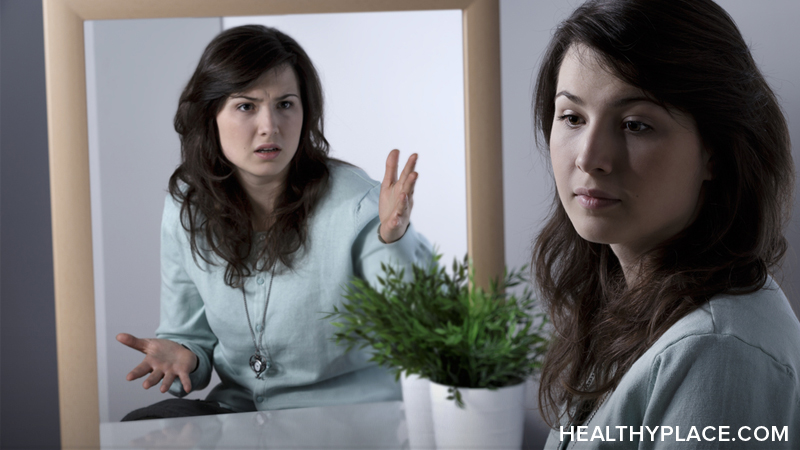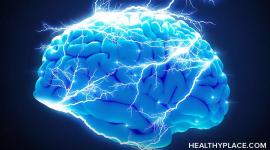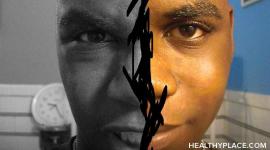Schizophrenia: Depression and Suicide

While schizophrenia is a psychotic disorder, schizophrenia and depression (a mood disorder) are common. Schizophrenia is known to cause mood swings to the point where the patient’s reactions are completely incongruent to what’s happening around them. For example, a person with schizophrenia may act happy at a funeral.
Schizophrenia can also increase the chances of a long-standing major depression. What’s worse is that the depression puts people with schizophrenia at an increased risk of suicide. Suicide and schizophrenia are common with approximately 10% of people with schizophrenia dying of suicide.1 People with schizophrenia and depression may also exhibit greater memory and attention problems than in schizophrenics without depression.2
People with schizophrenia may be particularly suicidal when:3
- They are very psychotic and out of touch with reality
- They are very depressed
- They are in the first 6-9 months of medication treatment, as they are thinking more clearly and learning about having schizophrenia
(Extensive information on suicide and suicidal thoughts)
Depression and Schizophrenia Psychosis
It is not known why schizophrenia and depression are so closely linked but part of the reason may be psychosis. Psychosis in schizophrenia is the manifestations of hallucinations and delusions. Hallucinations are experiences of one of the senses, smell, touch, taste, hearing or sight that aren’t really there. Delusions are false beliefs that are held in spite of evidence to the contrary. For example, a delusion might be that the government is reading the thoughts of the person with schizophrenia.
Hallucinations can be particularly troubling to the person with schizophrenia and may lead to depression or even suicide. The most common hallucination is auditory – the person often hears voices. A person with schizophrenia may hear one voice speaking only to them or multiple voices having a conversation. These voices can seem very real and be very distressing to the person with schizophrenia and possibly encourage depression. What’s more, once a person becomes depressed, the voices may then speak of the depression repeatedly; making it very difficult for the person with schizophrenia to come out of the depression.
Command Hallucinations in Schizophrenia and Depression
There are several kinds of hallucinations that may lead a schizophrenic to depression and suicide. One type is a command hallucination. As the name implies, command hallucinations command a person to do things. One of the things a voice might command a person with schizophrenia to do is to commit suicide.4 Because the person with schizophrenia may not be able to recognize the voice is not real, the command to commit suicide can be very compelling.
Treatment of Depression and Schizophrenia
When depression and schizophrenia occur together, treatment is very important. Treatment of the schizophrenia may make the voices that compelled the person with schizophrenia towards depression and suicide go away, which may effectively reduce the depression as well. Treatment of hallucinations is typically done with antipsychotic medication.
Other times, depression treatment may be needed in addition to the treatment of schizophrenia. In these cases, antidepressant medication may be used alongside an antipsychotic.
APA Reference
Tracy, N.
(2021, December 21). Schizophrenia: Depression and Suicide, HealthyPlace. Retrieved
on 2026, March 1 from https://www.healthyplace.com/thought-disorders/schizophrenia-effects/schizophrenia-depression-and-suicide


